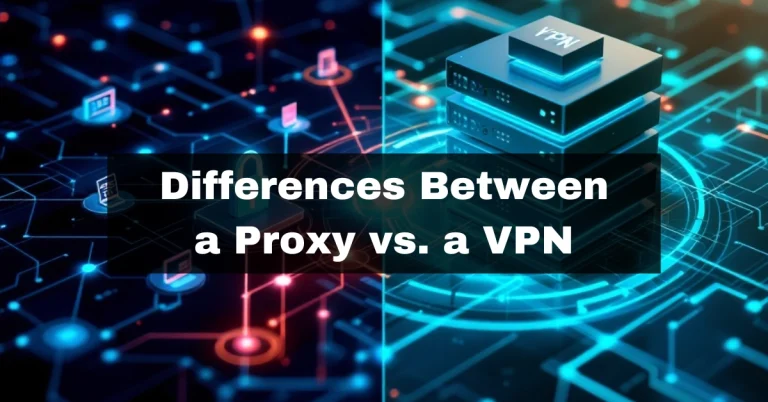A DNS leak is when your internet activity is accidentally exposed to your internet service provider (ISP) or others, even if you are using a VPN.
DNS stands for Domain Name System, which works like the internet’s phone book by translating website names into IP addresses.

To learn more about how VPNs protect your privacy, check out our article on What is a VPN?.
When a DNS leak occurs, your device bypasses the secure DNS servers provided by your VPN and instead uses your ISP’s DNS servers.
This exposes your browsing data, which can compromise your privacy and security.
Why Does a DNS Leak Matter?
A DNS leak can harm your privacy. Here’s why:
- Exposes Your Browsing: Your ISP can see the websites you visit.
- Compromises Security: It defeats the purpose of using a VPN.
- Increases Risks: Your online activity could be tracked or logged.
For people who want to stay anonymous online, avoiding DNS leaks is essential.
If you’re curious about VPN safety, read our guide on Are VPNs Safe and Secure?.
What Causes a DNS Leak?
There are several reasons for DNS leaks:
- VPN Misconfiguration: If your VPN isn’t set up properly, your DNS requests might bypass it.
- Windows Default Settings: Some devices revert to the ISP’s DNS automatically.
- Manual Settings: If your device is manually configured to use a specific DNS, it might ignore the VPN’s DNS servers.
How to Check for a DNS Leak
It’s easy to check if you have a DNS leak. Follow these steps:
- Connect to your VPN.
- Go to a DNS leak test website (search “DNS leak test” online).
- Run the test and check the results. If you’re using advanced configurations like Meraki firewalls, learn more: Can You Use a VPN Without a Meraki Firewall?.
If the results show your ISP’s servers, you have a DNS leak.
How to Fix a DNS Leak
Fixing a DNS leak can be simple. Here’s what to do:
- Use a Reliable VPN: Choose a VPN with strong DNS leak protection. Some VPNs also offer features like kill switches; explore this: What is a VPN Kill Switch?.
- Enable DNS Leak Protection: Many VPNs have a setting to prevent leaks.
- Manually Change DNS Settings: Use secure DNS servers like those from your VPN or public ones like Google or Cloudflare.
- Update Your Device: Make sure your operating system and apps are up to date.
How to Prevent DNS Leaks
Prevention is better than fixing. Here’s how to avoid leaks:
- Always use a VPN with DNS leak protection.
- Test your connection regularly for leaks.
- Avoid using public Wi-Fi without a VPN.
Conclusion: Protect Your Privacy
A DNS leak can expose your online activity and defeat the purpose of using a VPN by making your private data visible to your internet service provider or other third parties.
This exposure undermines the security and anonymity that VPNs are meant to provide.
By understanding what causes DNS leaks, how to detect them, and the steps needed to fix or prevent them, you can take control of your online privacy and ensure your browsing remains secure.
If you’re considering top VPN providers, check out our detailed 2025 NordVPN Review for more insights.
Regularly testing for DNS leaks and always relying on a trusted VPN with robust protection features are crucial steps to keeping your data safe and ensuring your online behavior remains confidential.



